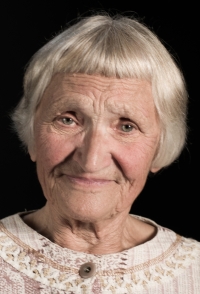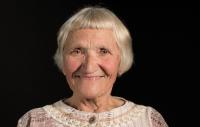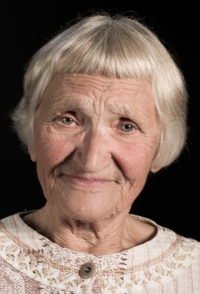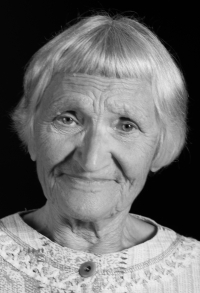I would take a book, warm socks, and some drink with me to the interrogations
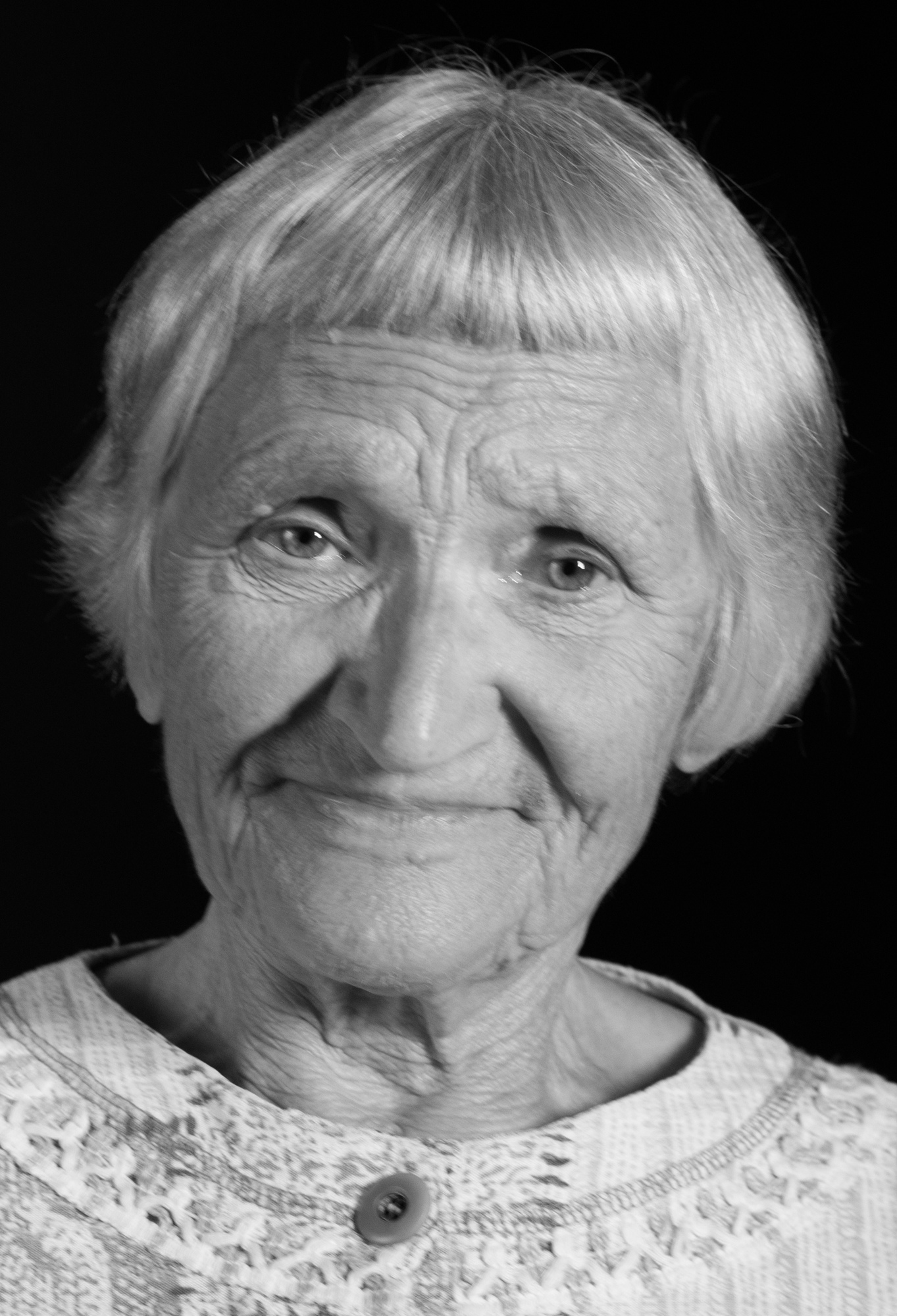
Stáhnout obrázek
Jiřina Čechová was born on 16 June 1937 in Bezkov, Znojmo District. During the war, Beskov was the only village in the area that was not annexed to the German Reich. After the Communist coup in 1948, the family suffered from the death of Jiřina‘s father, a former Czechoslovak legionary who had served in Russia. In 1955, after graduating from grammar school in Znojmo, she applied to Charles University in Prague, and five years later earned her degree in archiving. She worked in archives for some time; in 1965 she started working as a teacher at the Znojmo grammar school, thus discovering her life‘s calling. During the purge in 1970 she was fired from her post and earned a living doing temporary jobs. In 1975 she received an offer to work in Vysočina from her future husband, Miloslav Kabelka; they married soon after, and two years later she gave birth to their son Vojtěch. By then, Jiřina was already translating forbidden books, such as Orwell‘s Animal Farm; she and her husband also copied out the text of Charter 77. Due to problems with State Security and the threat of losing employment, they moved to a little station house in Stařeč, where they kept a small farm alongside Miloslav‘s job at Czech Railways. In 1988 Jiřina signed Charter 77 and became very active in politics. She participated in numerous demonstrations; after the Velvet Revolution, which she experienced in Znojmo, she was co-opted into the District National Committee for the Civic Forum. After 1990 she returned to the teaching professions, where she stayed until her retirement in 2006.
